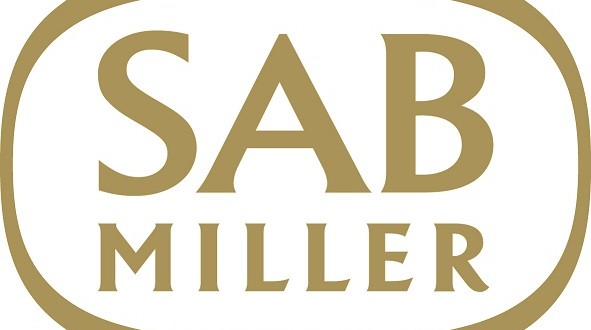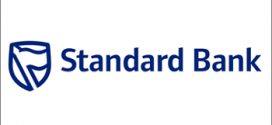The Role of Self-Reflection in Personal and Professional Growth
Self-reflection is a powerful tool that can significantly impact both personal and professional growth. It involves introspection, analysis, and evaluation of one’s thoughts, emotions, actions, and experiences. By taking the time to reflect on ourselves, we gain valuable insights and self-awareness that can lead to positive changes and development in various aspects of our lives.
In the realm of personal growth, self-reflection enables us to gain a deeper understanding of who we are, our values, beliefs, strengths, and weaknesses. It allows us to examine our past experiences, choices, and behaviors and learn from them. Through self-reflection, we can identify patterns, habits, and behaviors that may be holding us back or hindering our personal growth. By recognizing these barriers, we become empowered to make conscious decisions and take actions that align with our true selves.
Self-reflection also plays a crucial role in fostering emotional intelligence, which is the ability to understand and manage our own emotions and those of others effectively. When we engage in self-reflection, we become more attuned to our emotions, triggers, and emotional responses. This heightened self-awareness allows us to regulate our emotions and make more informed decisions in our personal lives. Additionally, it enhances our empathy and understanding of others, improving our relationships and interpersonal skills.
In the context of professional growth, self-reflection is equally essential. By reflecting on our professional experiences, achievements, and setbacks, we can gain valuable insights into our career path and goals. We can assess our skills, knowledge, and areas for improvement, enabling us to make informed decisions about our professional development. Self-reflection helps us identify opportunities for growth, set realistic goals, and develop action plans to achieve them. It also enhances our problem-solving skills and critical thinking abilities, as we learn to analyze situations objectively and consider alternative perspectives.
Self-reflection is particularly beneficial for leaders and managers. By regularly reflecting on their leadership style, decision-making processes, and communication strategies, they can identify areas where they can improve their effectiveness. Leaders who practice self-reflection are more likely to be self-aware, adaptable, and open to feedback, which fosters a positive work environment and encourages growth and innovation within their teams.
To effectively engage in self-reflection, it is important to create a conducive environment that allows for introspection and contemplation. This can be achieved through practices such as journaling, meditation, or dedicated quiet time for reflection. It is essential to approach self-reflection with an open mind, free from judgment or self-criticism. The goal is to gain insights and understanding, not to dwell on mistakes or shortcomings.
In conclusion, self-reflection is a powerful tool for personal and professional growth. By taking the time to reflect on our thoughts, emotions, actions, and experiences, we gain self-awareness and valuable insights that enable us to make positive changes in our lives. It enhances our emotional intelligence, fosters personal development, and contributes to effective leadership and professional growth. By making self-reflection a regular practice, we can unlock our full potential and lead more fulfilling and successful lives.




